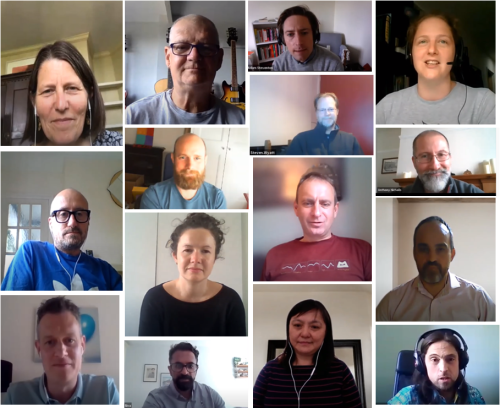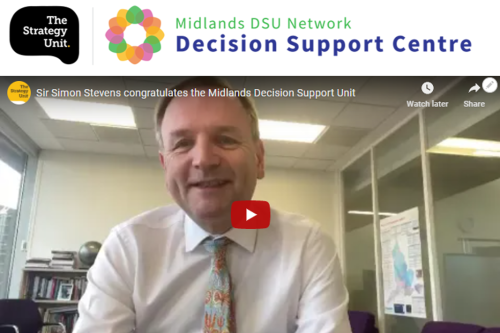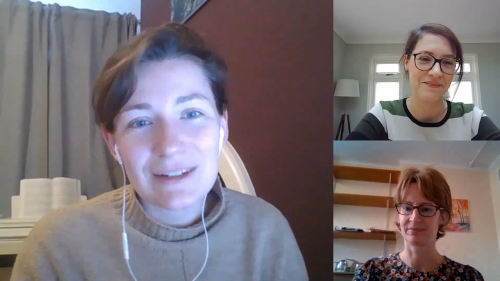“What is an analyst?”
At first, I wasn’t sure I understood the question. It was asked by someone who is obviously ‘an analyst’ – and they are participating in our ‘leadership for analysts’ development programme! But, with reflection, I see something important in their question. The role of analyst is changing. Certainly there are opportunities to make more of analysts’ skills. But taking these opportunities will require some analysts to define themselves as leaders. And this isn’t comfortable territory.
So, what have we learnt from our leadership development programme so far? What is the rationale for developing analysts as leaders? What skills and attributes do they need to develop? And what should decision makers do to make better use of analysts’ talents?
The volume of data is increasing exponentially. Its potential uses are growing too. In health and social care, this brings huge opportunities to improve the health and wellbeing of the population. It helps us to plan services, to see the impact of inequalities, to guide responses to the demands of a global pandemic. And, even accepting highly variable levels of skill and understanding, few decision makers would shun analysis as an input.
This increases analysts’ power. They can shape how decision makers see the world. They have power to influence decisions, through the analysis, interpretation, and communication of data.
Using this power requires skills that are both technical and social. And leadership is fundamental to this. We need decision makers to be more analytically literate; we also need analysts to develop the craft of leadership. But how?
This was the gap we saw. There are a wealth of courses to improve the technical abilities of analysts; yet we could not see a specific programme to develop them as leaders.
So, through the Midlands Decision Support Centre, we developed a programme - and found 16 enthusiastic analysts from a range of health and social care organisations who were willing to join us on this journey.
In the short time we have had running the programme, a number of things have struck me:
1. Analysts don’t often see themselves as leaders. One of the participants on the programme even said to me: “I’m not a leader, I’m an analyst”. We must encourage and support analysts take on this mantle.
2 . Analytical leadership is a tall order. They are required to have excellent technical skills; they need to be able to structure problems and help others to ask the right questions; they need to be able to network and influence, understanding the challenges faced by different parts of the system; and they need to be able to coach and mentor others. Here we might learn from parallels with another group of technical specialists that the NHS has developed as leaders: clinicians.
3. Analysts’ technical training will infuse their leadership style. Successful organisations draw on a mix of leadership styles. So what would a ‘typical’ analyst bring to leadership? Greater embrace of uncertainty? Better questioning? Clarity of thought and logic? As the programme progresses, we will do more to define this - but we know that more analytically-infused leadership is needed.
4. Analysts can play a vital role as boundary spanners. In their roles they need to assimilate, analyse, and interpret information from a variety of different sources, and then communicate their findings to a variety of different audiences. In doing this they are able to create connections and build networks across our systems. They can change the way people view things – using models based on systems thinking for example.
5. Finally, the question to the rest of us (non-analysts) is how do we appreciate, encourage, and make the most of these skills in our colleagues? There is a huge job for analytical leaders here. they must make the case for their profession and help to demonstrate its value.
From where I am standing, there is a clear role for more analytical leaders. The group we are currently working with are excelling, the trick is to find more of them.
We are thoroughly enjoying running this programme as part of the Midlands Decision Support Centre, and we will certainly run it again. If you are interested in joining our next cohort, or just want to find out more about the programme, please contact strategy.unit@nhs.net. We promise not to unpick your entire professional identity!




